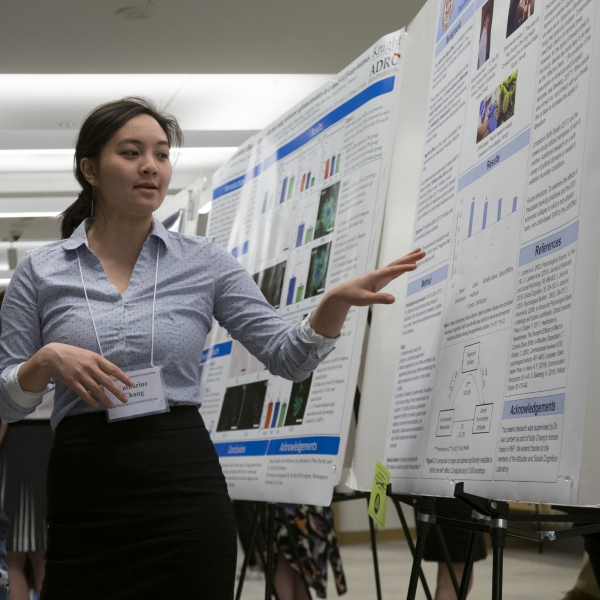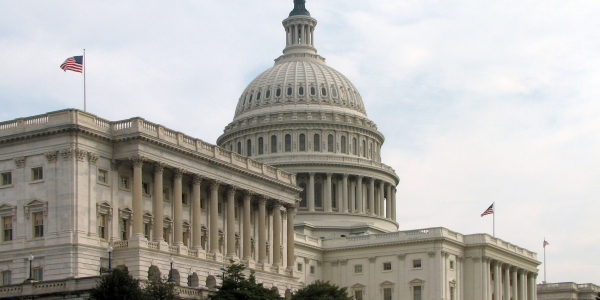Majoring in Political Science or Environmental Policy at WashU
The study of political science and environmental policy can be an exceptional means for students to acquire a broad liberal education, and our faculty has a strong commitment to this objective. Undergraduates in the department are among the best and brightest in the nation, and they work with professors at the top of their fields. In addition, students find the major a useful preparation for a number of career options.
Majors & Concentrations
The department offers two majors, Political Science and Environmental Policy. Political Science and Environmental Policy students may concentrate in a subfield of political science by taking (as part of their distribution requirement) three upper-level courses in any one of the five subfields (American politics, comparative politics, international politics, political methodology, or political theory). Applications for subfield concentrations will be emailed to students in October or March of the semester in which they graduate. Students may earn concentrations in up to two subfields. The successful completion of a subfield concentration will be listed on a student's transcript.



